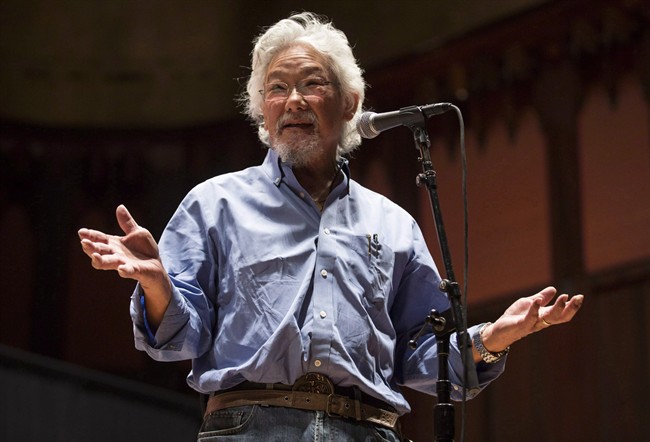VANCOUVER – The UN’s panel on climate science says climate change is happening, and it’s almost entirely man’s fault.

The report released Sunday in Denmark says limiting the impacts of climate change may require reducing greenhouse gas emissions to zero this century.
READ MORE: UN climate panel says emissions need to drop to zero this century to keep warming in check
The David Suzuki Foundation says Canadians must respond quickly to ensure that clean energy becomes a national priority in order to prevent the most serious effects of climate change.
Foundation science and policy manager Ian Bruce says the future will be determined by the choices made now to shrink carbon pollution and co-operate with world leaders in prioritizing clean energy.
The UN report findings show that while it is still possible to avoid the worst risks, the window of opportunity is closing.
Bruce notes that climate change solutions offer numerous job creation and innovation opportunities for Canada, but only if Canada works with international leaders to share knowledge and prioritize clean-energy solutions.
“This final report by leading scientists and economists shows that the severity of climate change impacts and extreme weather is not a matter of chance,” Bruce said in a release.
The Auditor General concluded in a report last month that Canada’s plan to shrink carbon pollution and meet its promised international commitment “has been ineffective and the action it has taken has been slow and not well co-ordinated.”
The report noted there was concern that Canada would not meet its 2020 emission reduction target and that “the federal government does not yet have a plan for how it will work toward the greater reductions required beyond 2020.”

Comments